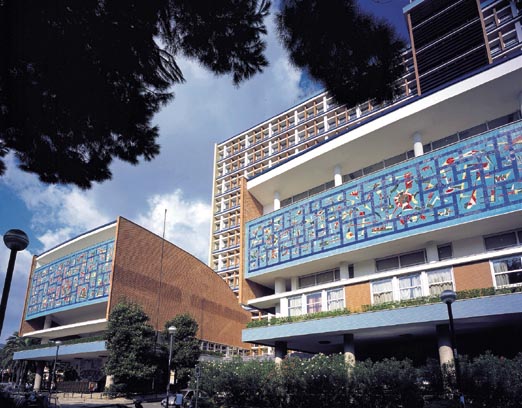The future of societal development and new business paradigms relies on organisations and communities able to drive sustainable innovation, managing knowledge, using technologies and understanding the intelligence as source and competence that enables people, teams and companies to contribute to value creation. Intelligent and sustainable growth relies on organizations and communities that are increasingly dealing with knowledge sharing and transfer, and developing the potential of digital, interactive and intelligent technologies in order to contribute to social and inclusive innovations within social, business and urban ecosystems. Intelligent and sustainable organisations and communities contribute to value creation, driving technological, social and collaborative innovation for inclusive growth by managing and sharing knowledge. Digital transformation enables knowledge management and sharing processes, leading to social and organisational intelligence and opening to smart, socially innovative, inclusive and human-centred and knowledge-led organisations and communities, shaping collaborative as well as digital working spaces. Intelligent organizations and communities are going smart and hybrid, searching for sustainable working, identifying accountable as well as ethics-led pathways in order to drive knowledge-led, human-centred and technology-driven innovation, following a relational and knowledge management view to developing collaborative spaces for open innovation within digital, business, knowledge and social ecosystems.
The track aims to stimulate the debate on theoretical and empirical studies that elucidate how organisations and communities rediscover the intelligence as a key driver for sustainable value creation and growth, driving knowledge-driven innovation jointly with embracing digital transformation, intelligent as well as collaborative technologies, relying on the potential of digital transformation, human and artificial intelligence to achieve smart and sustainable growth and regeneration. Consider the following open list of possible themes: human, collective, community and artificial intelligence for social, inclusive, organizational, knowledge-led and technological innovation within digital, social, business, healthcare, urban and cultural ecosystems, smart, hybrid and sustainable working, communities and organisations, smart government, digital transformation for managing knowledge and advancing social and urban intelligence and innovation for sustainable quality of life, coproduction, collaborative, smart working innovative, knowledge-driven spaces.

